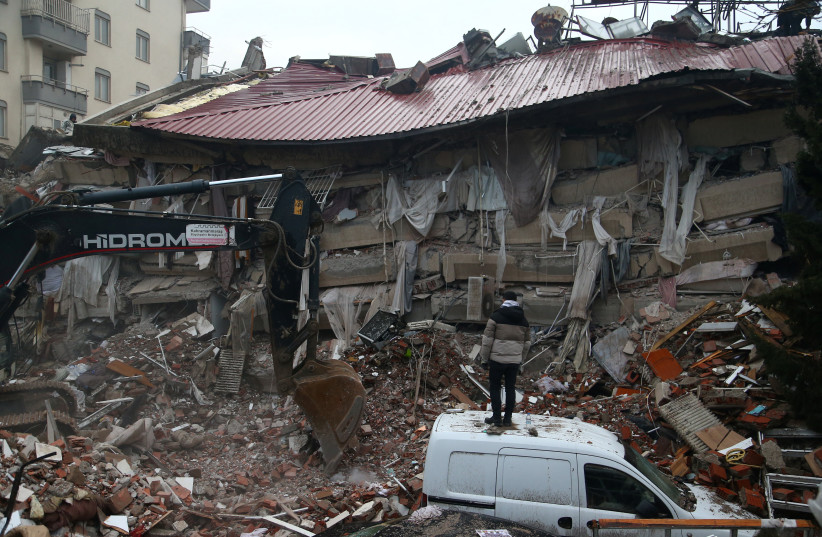After the magnitude 9 earthquake that struck Japan on March 11, 2011, many people in the eastern region of the country near the epicenter felt dizzy, precisely at a time when aftershocks didn't really occur. Japanese researchers Yasuyuki Nomura and Teru Toi called this phenomenon "post-earthquake vertigo syndrome," according to an article published in the scientific journal Equilibrium Research.
In the "post-earthquake vertigo" syndrome, survivors feel dizzy, especially when sitting inside a house or building. Vertigo syndrome after an earthquake occurs when the underlying mechanism is related to stimulation of the vestibular system in the ear.
What causes this, among other things, can be emotional disorders such as post-traumatic stress disorder (PTSD), as well as anxiety and stress caused by the disaster. The syndrome is more common among women and those who suffer from motion sickness.
Prevention and treatment
One should maintain a high level of physical fitness and avoid watching news reports, as well as it has been proven that following physical therapy and taking medication against the exacerbation of symptoms is beneficial for preventive treatment.

After an earthquake, the body suffers immediate injuries. Severe injuries can also occur in the skull and chest which lead to external or internal bleeding, among other things due to drowning due to a tsunami caused by an earthquake.
Rapid infections may occur within minutes or hours and are attributed to asphyxiation by dust inhalation, hypovolemic shock, or exposure to extreme environmental conditions.
Late infections occur within days and result from dehydration, hypothermia, crush syndrome, wound infections and more.
When it comes to the mental health aspect of survivors, the most common psychological conditions are PTSD and major depression.
